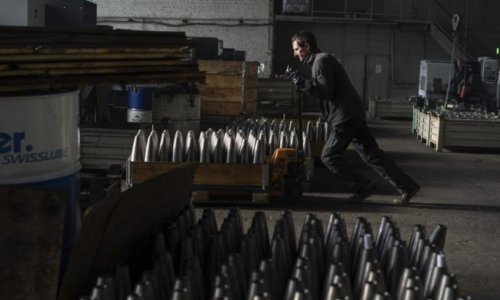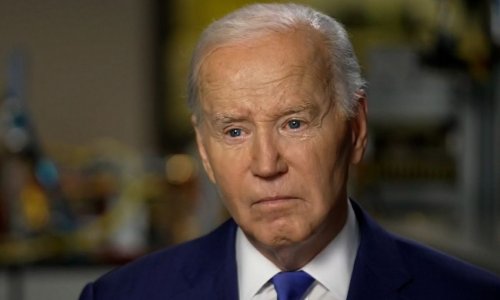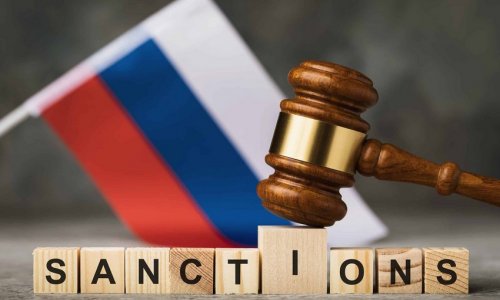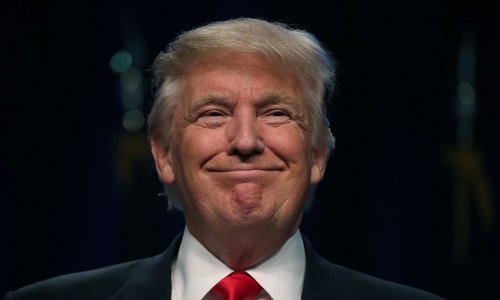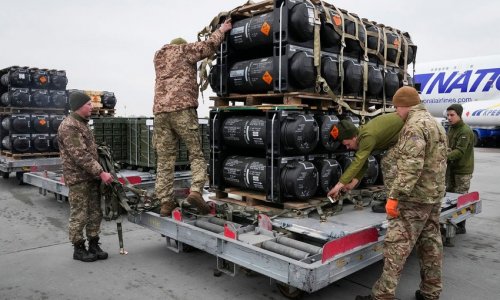Madhusudan Burlakoti, head of Nepal's department of mountains, said on Friday that from next year licence fees for single foreigners will be cut from $25,000 to $11,000 (£6,500).However, discounted fees for group expeditions to Everest will be abolished, to discourage large numbers climbing together and reduce tensions on the mountain during peak months. Last year a brawl between European climbers and Nepalese guides made headlines.Under existing rules, a group of seven pays $70,000, which officials say encourages climbers of varying abilities to club together. But under the new fee structure, the same group will pay$77,000, as the government charges a flat, per-person fee regardless of the group's size. The government has also, for the first time, set separate fees for Nepalese climbers, who will pay $750 for a permit during the spring."We hope to attract more climbers and at the same time better manage the climbing teams," Burlakoti said. "This will allow the smaller teams and individuals more freedom when they climb Everest."However, those with experience of the dangers of climbing Everest have said the prospect of more smaller groups attempting the summit is terrifying."These changes open the possibility of individuals going up without being part of a big team anymore," says Simon Lowe, managing director of Jagged Globe, the first British organisation to lead a commercial trip up the mountain. "I find that terrifying frankly; safety comes from being in a team."This will open the floodgates for anyone to say 'I'm an expert mountaineer', get a client and away they go. If something goes wrong they'll have to reach out to other teams. Help is always given, but it's frustrating when you end up having to help people who shouldn't be on the mountain."Still, Lowe is sympathetic to the desire of the Nepalese government to reduce the financial barrier to climbing the mountain, as long as proper vetting is done to ensure people are capable of the expedition and sanctions are placed on companies that allow people to get into dangerous situations.The cost of climbing Mount Everest has drawn criticism from those who say the sky-high prices allow only the very rich to climb the peak."From a Nepalese point of view, they want to make the mountain more accessible for their own citizens, and I can't argue with that. I don't think the Nepalese government should deprive themselves of an income."Responsible organisations should be able to take people up and there shouldn't be a financial bar on people like that going."Mark Watson, executive director of Tourism Concern, which has campaigned to improve working conditions for sherpas, says it is important that increases to the number of climbers on the mountain are properly managed."Last year there was a concern about the number of climbers going up, with people literally queueing to go up the mountain," he says. "We don't want this to increase the number of climbers so it isn't sustainable or end up creating a worse deal for the sherpas. And for the climbers too, we want to make sure it's not a disappointing experience."The environmental impact of increased tourism on Everest has been a growing concern. Waste, including food wrappers, climbing gear and oxygen cylinders, has littered the mountain, with some referring to Everest as the world's highest garbage dump.The Italian climbing legend Reinhold Messner has called for Nepal to close access to Everest for a few years to allow the mountain to rest and recover, but Nepal has refused. The country collects $3.3m annually from climbing fees. Tens of thousands of Nepalese hotel owners, trekking guides and porters depend on these climbers for their livelihoods.Nepal has eight of the 14 highest mountains in the world. The fees for other peaks are already much lower, but are also being reduced for the thousands of climbers who come to the country each year to scale those mountains.Ang Tshering, who headed a government committee to review mountain tourism in Nepal, said the government plans to more strictly monitor climbers to make sure they bring down all their climbing gear, food wrappings and oxygen cylinders."Our focus has been on minimising the negative impact on the environment in the Everest region," Tshering said.(theguardian.com)ANN.Az
Nepal slashes cost of climbing Everest
World
15:14 | 17.02.2014
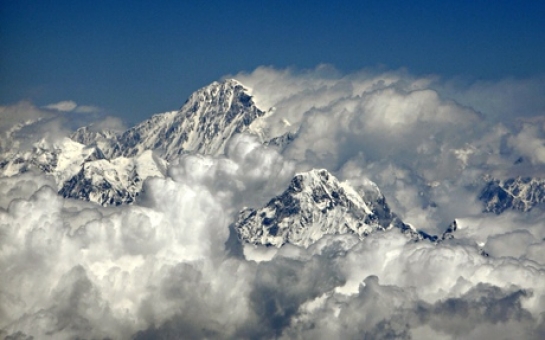
Nepal slashes cost of climbing Everest
Nepal is slashing the climbing fees for Mount Everest to attract more mountaineers to the world's highest peak, despite concerns about the environmental and safety implications of more climbers joining the thousands who already crowd the mountain in high season.
Follow us !

